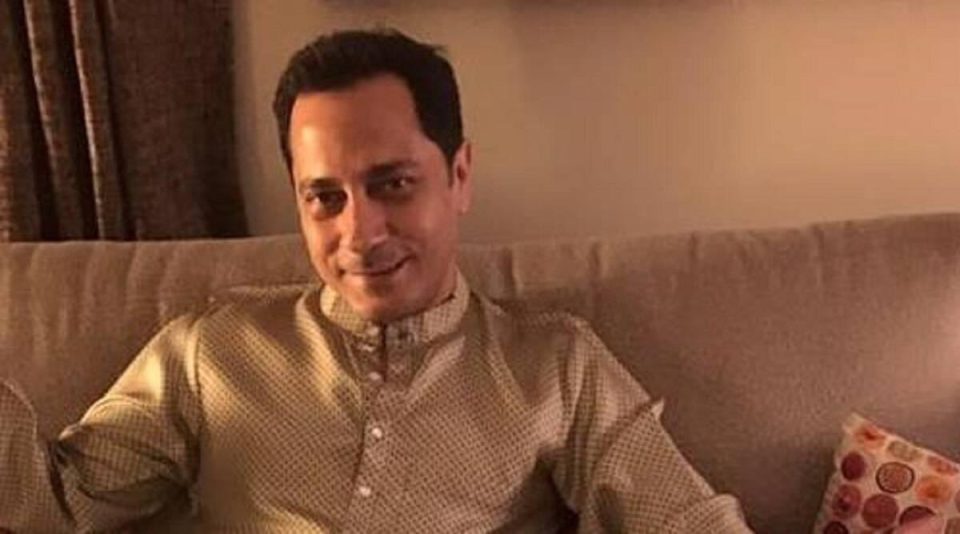
Gay lawyer as HC judge: SC's uncharacteristically combative stance against Centre

The Supreme Court Collegium has, with an uncharacteristically combative tenor, reiterated its 2011 recommendation to the Centre on appointing gay lawyer Saurabh Kirpal as a judge of the Delhi High Court.
The Centre had reportedly asked the SC to reconsider its recommendation on grounds that Kirpal, a prominent gay rights activist-lawyer, was not only open about his homosexuality but was also in an intimate relationship with a Swiss National.
However, in its resolution dated January 18, the Collegium has laid down a detailed rebuttal of the Centre’s objections to Kirpal’s appointment as high court judge.
Also Read: Madras HC judge post: SC collegium reiterates name of advocate who shared post critical of Modi
The reaffirmation of its earlier recommendation also comes at a time when the apex judiciary and the Centre have been engaged in an increasingly acrimonious debate over reform of the Collegium system of appointing judges.
Kirpal’s elevation as a judge had first been unanimously proposed by the Collegium of the Delhi High Court in October 2017. After a nearly four-year delay, the SC Collegium had approved the Delhi HC’s recommendation.
The SC Collegium had, through its resolution dated November 11, 2021, asked the Centre to appoint Kirpal, whose father BN Kirpal had also briefly served as Chief Justice of India between May and November 2002, as a judge of the Delhi HC.
The Centre, however, sat over the recommendation for a year before returning it for the Collegium’s reconsideration in November 2022.
Also Read: SC Collegium reiterates recommendation to appoint Saurabh Kirpal as HC judge
In its latest resolution, the SC Collegium has noted, “the proposal (to elevate Kirpal to the Bench) has been pending for over five years. From the letters of the Research & Analysis Wing (R&AW) dated April 11, 2019 and 18 March 2021, it appears that there are two objections to the recommendation made by the Collegium of this court… i) the partner of Saurabh Kirpal is a Swiss National and ii) he is in an intimate relationship and open about his sexual orientation”.
That his possible elevation as a judge was stalled because of his homosexuality is something that Kirpal too had publicly claimed earlier in the backdrop of the four-year delay that the SC Collegium had made in endorsing the original resolution passed by the Delhi HC Collegium.
The resolution that the SC Collegium passed on January 18 is silent on why the apex judicial appointment body took four years to endorse the Delhi HC’s recommendation. However, the resolution has held back no punches in responding to the objections raised by the Centre over Kirpal’s possible elevation.
Also Read: What India can learn from Sri Lanka’s poll panel and Supreme Court
Responding to the objection over Kirpal being an “intimate relationship with a Swiss National” and the inference that elevating a person in such a relationship to the position of a high court judge may compromise national security, the Collegium has noted, “many persons in high positions, including present and past holders of constitutional offices, have and have had spouses who are foreign nationals.”
It further states, “there is no reason to pre-suppose that the partner of the candidate…would be inimically (sic) disposed to our country, since the country of his origin is a friendly nation… As a matter of principle, there can be no objection to the candidature of Kirpal on the ground that his partner is a foreign national”.
On the Centre’s reported objection to elevating an openly gay person as a judge, the Collegium has said that the Supreme Court’s constitution bench has held that “every individual is entitled to maintain their own dignity and individuality based on sexual orientation” and that Kirpal “has not been surreptitious about his orientation”, which should go to his credit. “It would be manifestly contrary to the constitutional principles laid down by the SC to reject his candidature on this (sexual orientation) ground”.
Also Read: Supreme Court reserves verdict on Delhi-Centre services row
Incidentally, Kirpal was among the battery of lawyers who argued before the apex court in the constitution bench case – Navtej Johar v. Union of India – that had, in 2018, led to reading down of Section 377 of the Indian Penal Court, which criminalised homosexuality.
With the Collegium now reiterating to the Centre its recommendation of elevating Kirpal to the Bench, the government’s response will be interesting to watch out for. By convention, the Centre cannot return a twice affirmed resolution to the Collegium for reconsideration. However, the government can inordinately delay its nod for the appointment.
Will the government endorse the Collegium’s recommendation promptly and pave the way for India’s first openly gay judge of a high court? Or, will it, in continuation of the ongoing acrimony between the Executive and the Judiciary over the Collegium system of appointment of judges, try to stall Kirpal’s elevation again?

